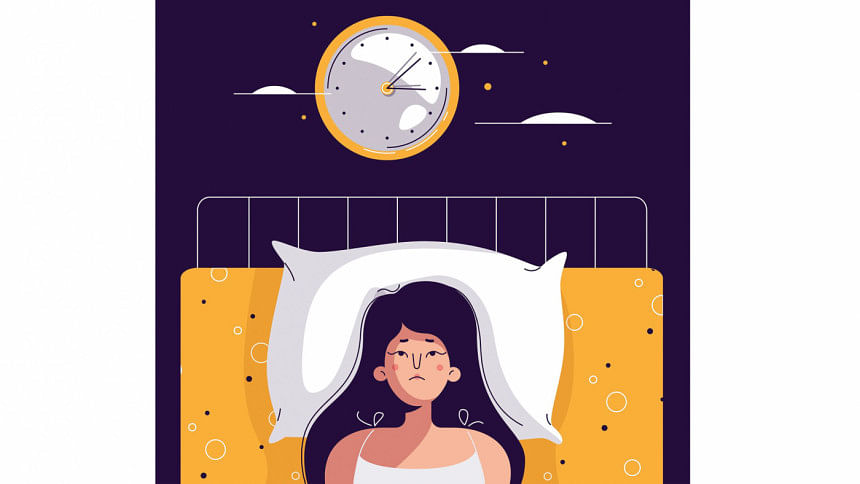Surprising benefits of cognitive-behavioural therapy for insomnia in patients with chronic pain

For many struggling with insomnia, Cognitive-Behavioural Therapy for Insomnia (CBT-I) is often a go-to solution. But what happens when chronic pain is part of the picture? A recent study sheds light on this very question.
In a study published in the Journal of the American Geriatrics Society, researchers dove into the effectiveness of CBT-I among older veterans suffering from both insomnia and chronic pain. The participants, averaging 72 years old, were part of a larger trial comparing CBT-I with general sleep education. Importantly, CBT-I in this study was delivered by specially trained sleep coaches under expert supervision.
Over half of the 106 veterans who received CBT-I reported chronic pain at the start. Surprisingly, those with higher pain levels experienced even more significant improvements in their insomnia symptoms after the treatment. This is not just a short-term fix either—benefits lasted up to a year!
This finding is noteworthy because it means CBT-I can help not just with sleep but also potentially with pain management. While this study provides a hopeful glimpse into how therapy can tackle the dual challenges of sleep issues and pain, it also highlights a gap: supervised CBT-I is not always available. However, training non clinicians to deliver this therapy might be a step towards broader access.
In summary, CBT-I proves to be a robust ally in the fight against insomnia, even when pain complicates the issue. This research offers a promising outlook for veterans and others grappling with these intertwined struggles.

 For all latest news, follow The Daily Star's Google News channel.
For all latest news, follow The Daily Star's Google News channel. 



Comments